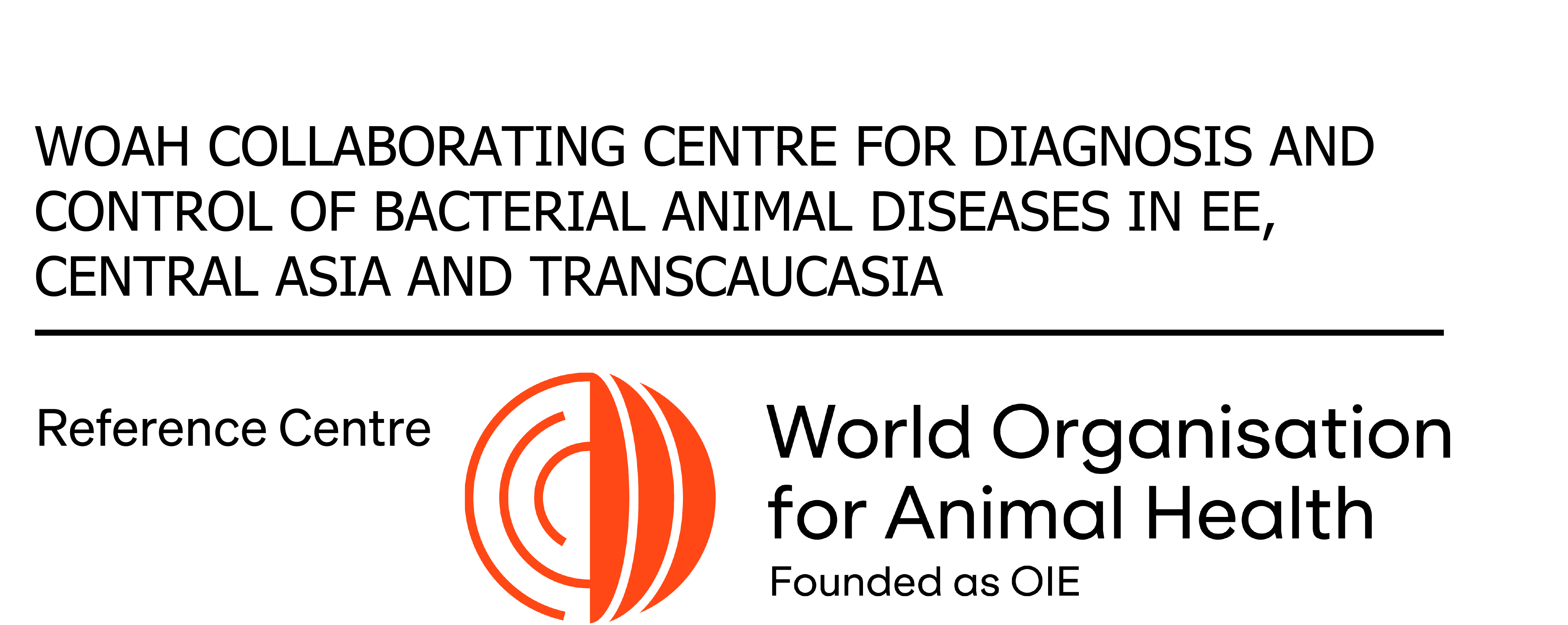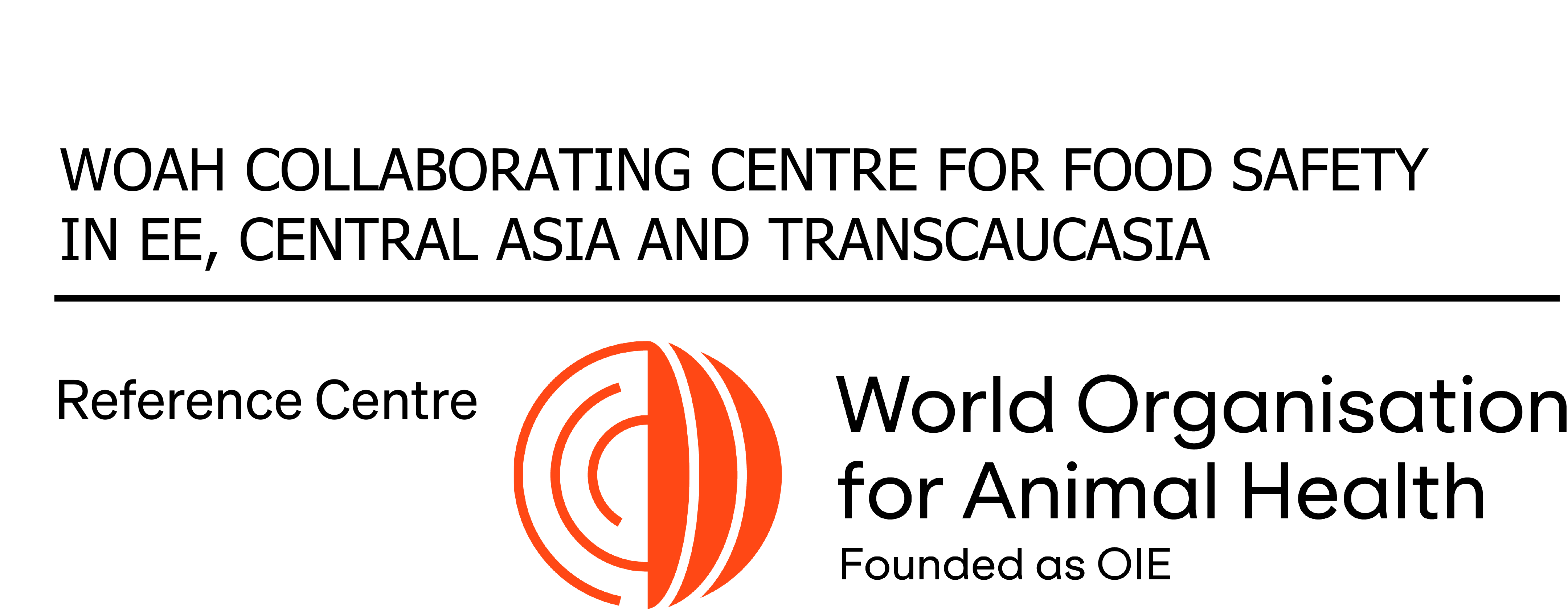For the first time ever in Russia, VGNKI scientists to develop methods for assessing aquaculture biosecurity
VGNKI scientists intend to develop standards and methods for identifying causal agents of diseases in aquaculture, namely, crustaceans and molluscs. The research will allow domestic exporters to confirm the compliance of their products with international quality standards in Russia. For the time being, the procedure is carried out only in the US. Once developed, the methods will also allow to better assess food safety of molluscs and crustaceans imported to Russia. The VGNKI specialists have already started to get prepared to carry out scientific research in this field.
Maria Gergel, head of VGNKI biotechnology department, says that the planned work will increase the export potential of Russia in terms of feed for aquaculture and support domestic exporters facing economic sanctions through giving them the possibility to carry out the required for export research in Russia, and not in the US. It will also be aimed at ensuring food security of Russia through development of methods for assessing biosafety of imported aquaculture products.
Since 2010, the volume of aquaculture production in Russia is gradually increasing. The farming and production of artemia shrimps (Artemia salina) is a separate area of aquaculture. Eggs (cysts) of artemia are rich in amino acids, fatty acids, vitamins, hormones and serve as raw materials for production of live feed for fish and crustacean larvae. In Russia, Artemia cysts are classified as valuable aquatic biological resources. The main stocks of Artemia are concentrated in the West Siberian Fisheries Basin (Altai Territory, Novosibirsk, Omsk and Kurgan Regions). According to open statistics, the annual production of cyst artemia in Russia is about 2 thousand tons. 90% of manufacturers are exporting enterprises. Russian enterprises supply feed, produced with artemia and other crustaceans, such as daphnia and gammarus, as the key ingredients, to Germany, Italy, Croatia, Belgium, Kazakhstan, China, Ecuador and other countries. However, the volume of Russian exports of artemia is much lower compared to the potential of the country, not least because manufacturers are facing considerable difficulties in confirming the quality of products.
Today Russia has no laboratories that research the diseases of crustaceans and issue the necessary product quality certificates established by the International Epizootic Bureau (OIE). Russian companies conduct the testing required to export, which is aimed at detecting 10 pathogens in crustaceans, in the OIE Reference Laboratory at the University of Arizona in the United States.
The aim of a new VGNKI research project is to solve this problem. Within the framework of the project "Development of a set of methods for controlling aquaculture biosafety to increase export potential and identify new risks," scientists will develop a methodology for detecting such diseases of crustaceans as white spot syndrome, bacterial hepatopancreatic necrosis, infectious myonecrosis, etc. Since FGBU "VGNKI" is a collaborating centre of the International Epizootic Bureau for Food Safety, Diagnosis and Control of Animal Diseases for Eastern Europe, Central Asia and the Transcaucasia, developed at the Methodology Centre, will be sufficient to demonstrate the quality of exported aquaculture products. In addition, creation of its own methods for assessing the biosafety of aquaculture products in Russia will make it possible to better assess the safety of crustaceans and shellfish imported into the country, including from the Asia-Pacific region.
During the project, the scientists will develop techniques for extracting DNA from the biological material of crustaceans and molluscs. They will also select and synthesize oligonucleotide primers and probes for PCR diagnostics of fragments of the genome of pathogens of dangerous diseases. In addition, the scientists will work out the conditions for conducting PCR diagnostics. Based on the research, methodical recommendations will be prepared for the identification of the genetic material of causative agents of aquaculture diseases. The work will be performed in the Department for Genodiagnostics of Infectious Animal Diseases of VGNKI Department of Biotechnology.





